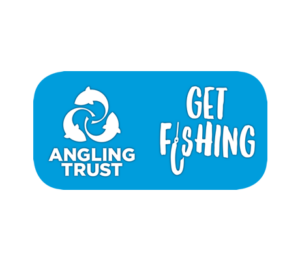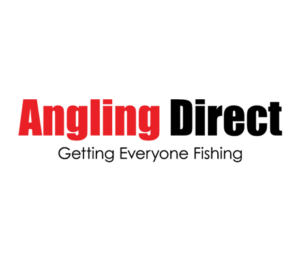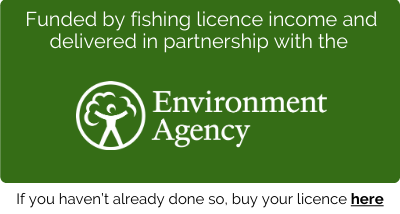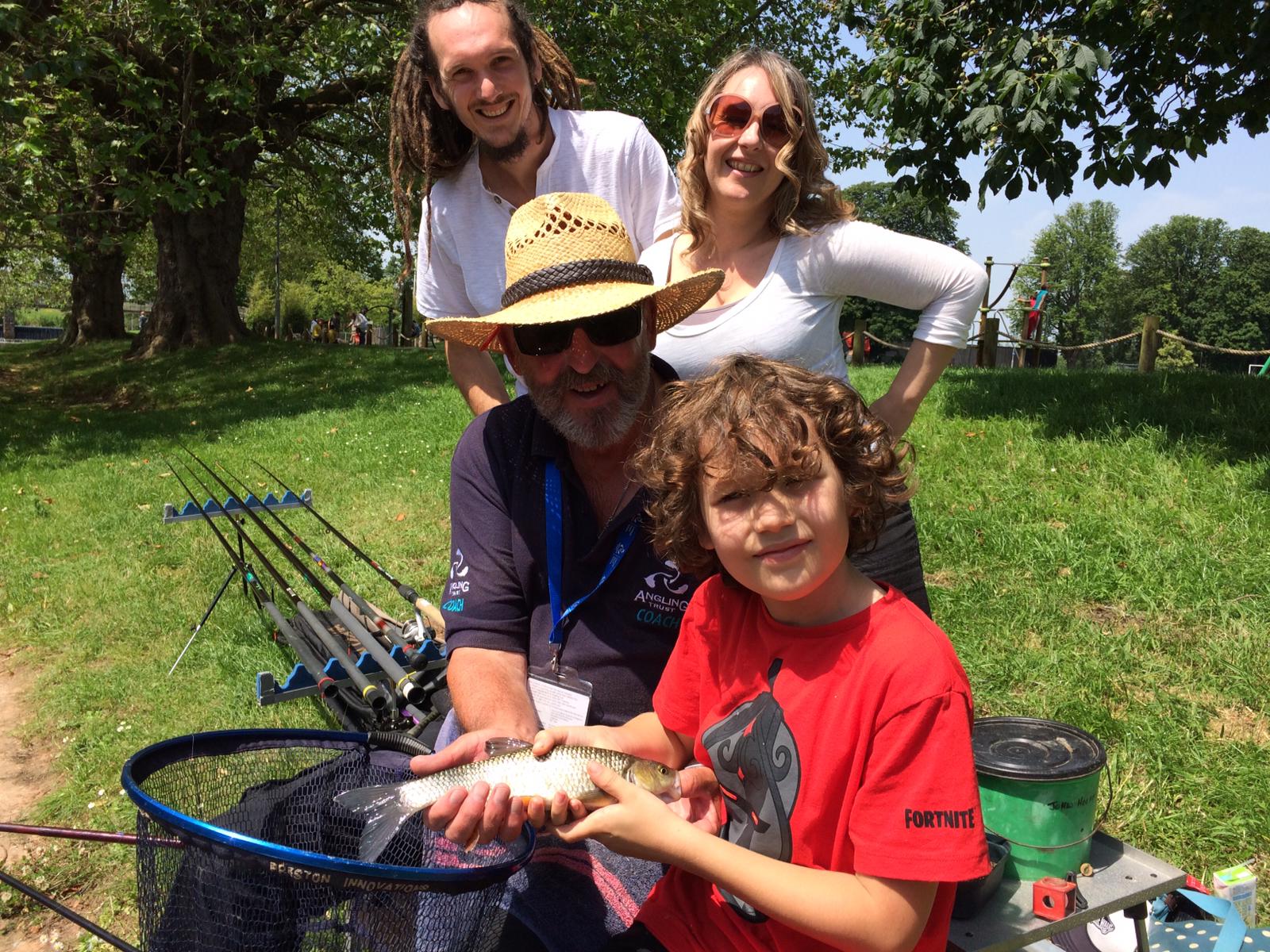
Get Fishing Resources
There’s a coarse fishing close season on rivers but other options are available!
Confused by the close season? Not sure if you can still go fishing? We explain what close season means and that although rivers are shut for coarse fishing in the coarse fishing close season, you can still find stillwaters, canals and reservoirs that are open for fishing, or try game fishing on rivers!
What is the coarse fishing close season on rivers?
An annual close season for coarse fishing on rivers and streams in England is in place from the 15th March and runs right through until 15 June inclusive. Because the dates are inclusive it means you can try to catch coarse fish until midnight on the 14th March and go fishing again for them after midnight on the 15th June. Or, another way of explaining this is that you can’t coarse fish on rivers and streams on the 15th March, on the 15th June or any of the days inbetween.
What is a close season?
A close season is the time every year when you must stop doing some types of fishing so that the kind of fish you are likely to catch can breed.
Why is there a close season for coarse fish?
The coarse fishing close season is there to help protect fish during spawning – this is the time when these river fish produce and fertilise their eggs. Not going fishing for them at this time gives these wild fish the best opportunity to reproduce so that they can maintain and even grow their numbers in future. There is more information on the national close season here.
What is a coarse fish?
The coarse fish are all freshwater fish except for trout, sea trout and salmon – also known as ‘game fish’ and which you go game angling for. Sea trout are also called sewin, or migratory trout. We have details on some of the most well known coarse and game fish in our Fishbook series.
Where does the coarse fishing close season apply?
The coarse fishing close season is in place on all rivers, streams and drains as well as most stillwaters that are known as Sites of Special Scientific Interest (or ‘SSSIs’), some canals and most waters in the Norfolk and Suffolk Broads. But the important thing is to check each area’s rules for more detail. To find out about your area check the information and byelaws here.
Does this mean I can’t go fishing at all!?
No, you can still go fishing in other places or for other kinds of fish! There are still loads of fishing opportunities – most lakes, reservoirs and ponds are open to coarse fishing all year around. So too are most of England’s canals (apart from a few canals that are actually rivers made into canals – check local bylaws first) and where a close season will be in place. Some fishing clubs and private fisheries can decide to have their own rules about when people can and cannot fish for some kinds of fish so make sure you check first. And if you still want to fish on flowing water for trout or salmon, you can give game angling a go!
How do I try game angling?
The coarse fishing close season on rivers and streams is a great time to broaden your horizons when it comes to the type of fishing you do. To begin game angling for trout, sea trout or salmon it’s probably best to start with fly fishing for trout. At first you might want to do this at a stillwater pond or reservoir before moving on to fly fishing for trout on rivers and streams where you have to factor in the effects of flowing water. Fly fishing is much simpler than it first looks and nearly every beginner at Get Fishing fly fishing events can fly cast adequately within an hour of their first attempt!
What you need to know to start game fishing
What kind of fishing licence do I need?
Anyone over 13 needs a fishing licence from the Environment Agency when you go rod fishing in any rivers, streams, canals, lakes, ponds or drains that are freshwater in England and Wales for salmon, trout, freshwater fish, smelt or eel. Fishing licences for children aged between 13 and 16 are free but you still need to get a junior licence before you start to fish – it only takes a few minutes to get a fishing licence online. You can get a fine of up to £2,500 if you can’t show a fishing licence when you are asked. There’s more info on fishing licences here and how to get one.
Do I need any other permissions?
Yes! You also need the permission of the club, fishery or landowner of the water you intend to fish on – emember to find out first – and you must pay any membership or day ticket costs that they charge to go fishing – these are usually low cost compared to say, the cost of a gym membership or entry prices of other kinds of sports and entertainment.
Are there places to try out fishing for free?
If you are not sure about how to get into fishing, the Angling Trust organise hundreds of beginner events every year. These are funded by the Environment Agency from fishing licence money and run in partnership with clubs, coaches, fisheries and charities all over England. Find a beginner fishing event at www.anglingtrust.net/getfishing
Where can I find other places to go fishing apart from on rivers?
Check out our map of places to go fishing. You can also get information by asking a fishing coach, fishing club or by asking about fishing in your local fishing shop. Many of these places are listed on our map too.
What fishing tackle do I need to try other kinds of fishing?
The Angling Trust’s ‘Get Fishing’ campaign to get more people fishing more often is proudly supported by Angling Direct, Exclusive Retail Partner. Angling Direct has a network of stores nationwide that will be happy to show you what equipment you need to try game fishing or another kind of coarse fishing while the rivers are shut for coarse fishing . You can also get brilliant fishing tackle for beginners and to experiment with a different kind of fishing during the during the close season until June 16th, from Get Fishing’s, Exclusive Tackle Partner Shakespeare.
The Angling Trust’s ‘Get Fishing’ campaign is proudly supported by
Shakespeare, Exclusive Tackle Partner and Angling Direct, Exclusive Retail Partner
as we all work towards getting more people fishing, more often.
The Get Fishing campaign to get more people fishing more often is funded by the Environment Agency from fishing licence income as part of the National Angling Strategic Services contract with the Angling Trust, and Sport England. Children under 13 do not need a licence, and licences for children aged between 13 and 16 are free but you still need to register and receive a licence in order to go fishing. You can get a licence for the full year, for 8 days (ideal for holidays!) or just a day’s fishing.
NOTE: Although young children who are under 13 year old do not need a licence to fish, the person supervising them needs the proper fishing licence to take hold of the rod or to help the child fish with it.
You might also like
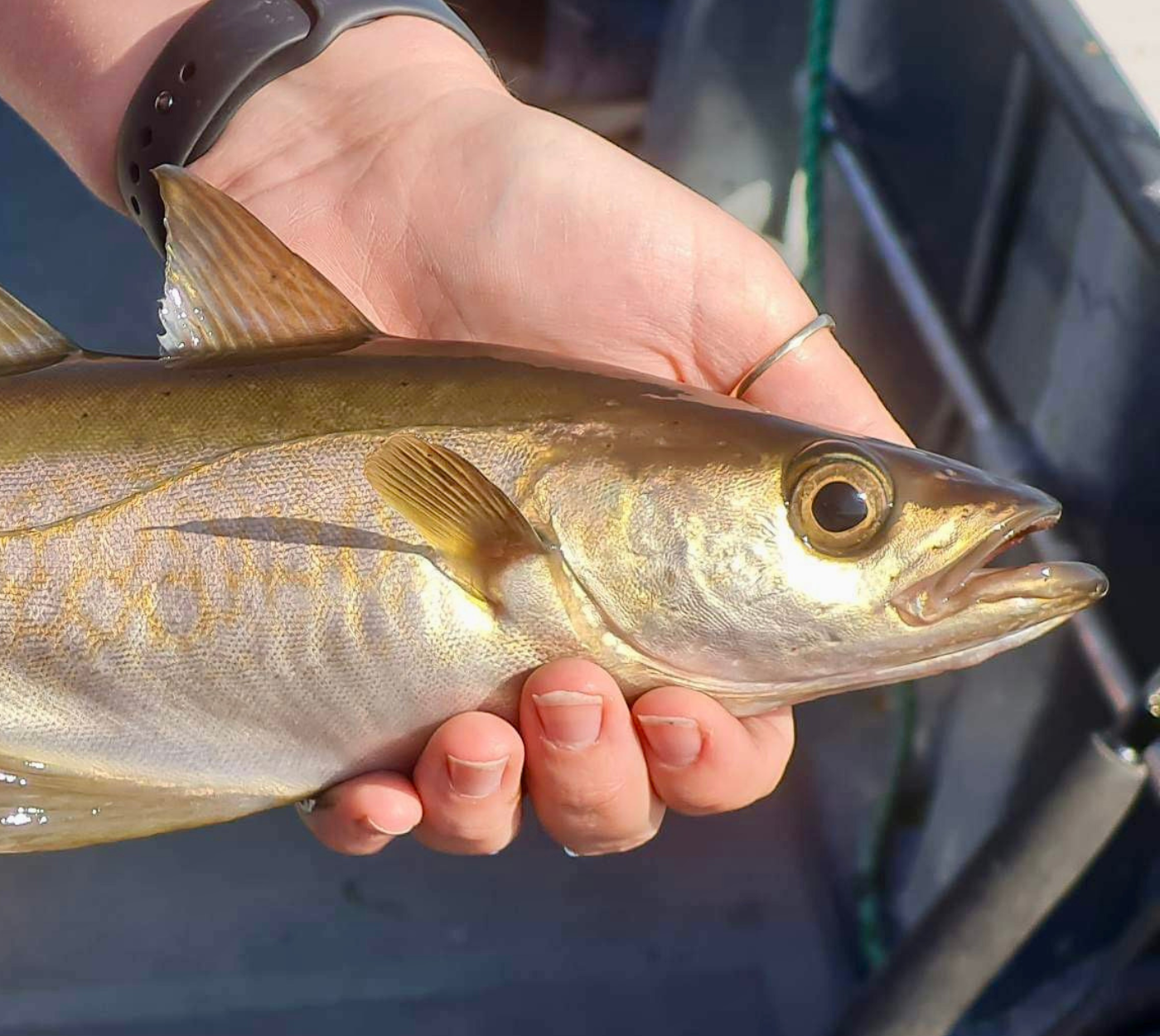
Minister’s Visit Highlights Collaborative Action on Pollack Conservation

Angling Trust calls for radical reforms to end sewage…
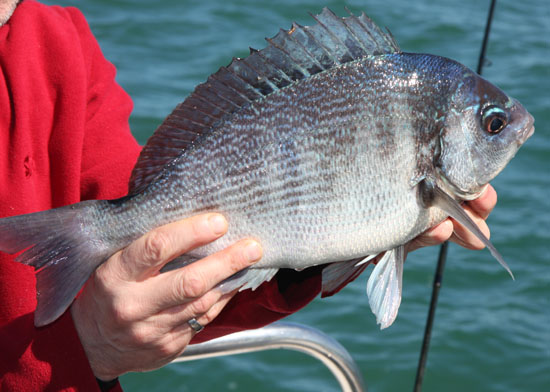
Have Your Say: Shape the Future of Black Bream…
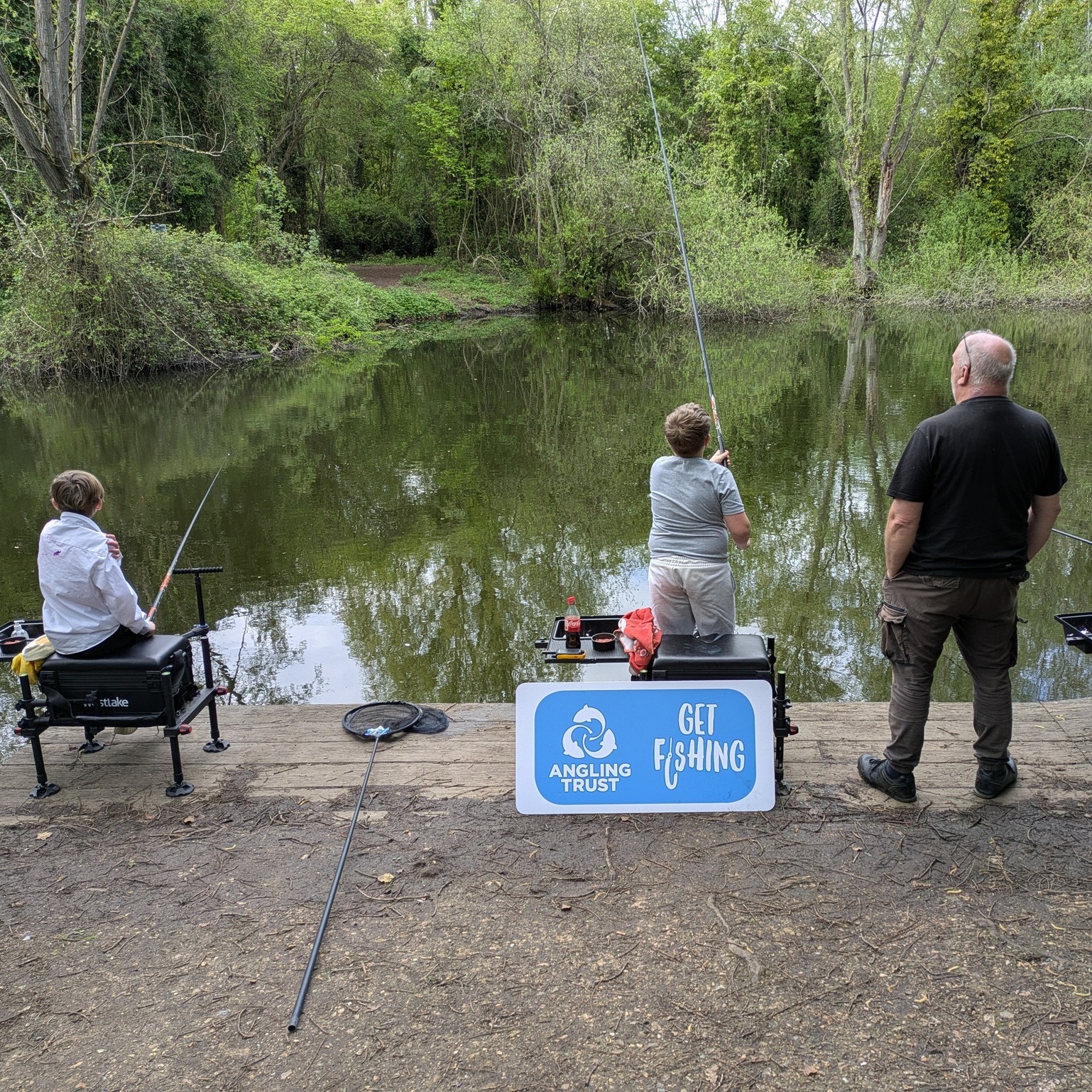
NEW BLOG: Get Fishing Award event for North Cambridge…

Angling Improvement Fund Opens for Nets, Mats & Slings
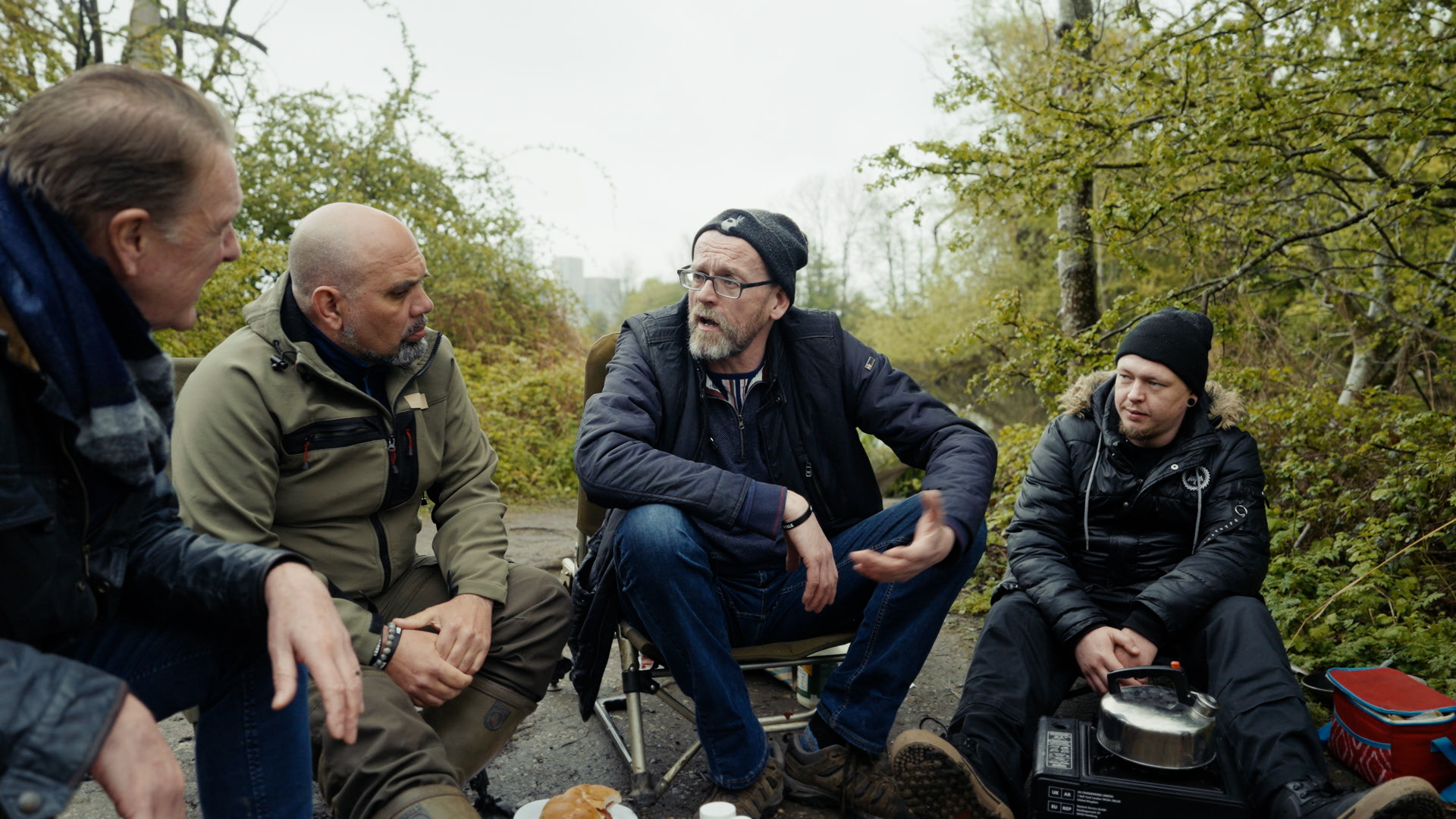
Mental Health Awareness Week is a time for angling…
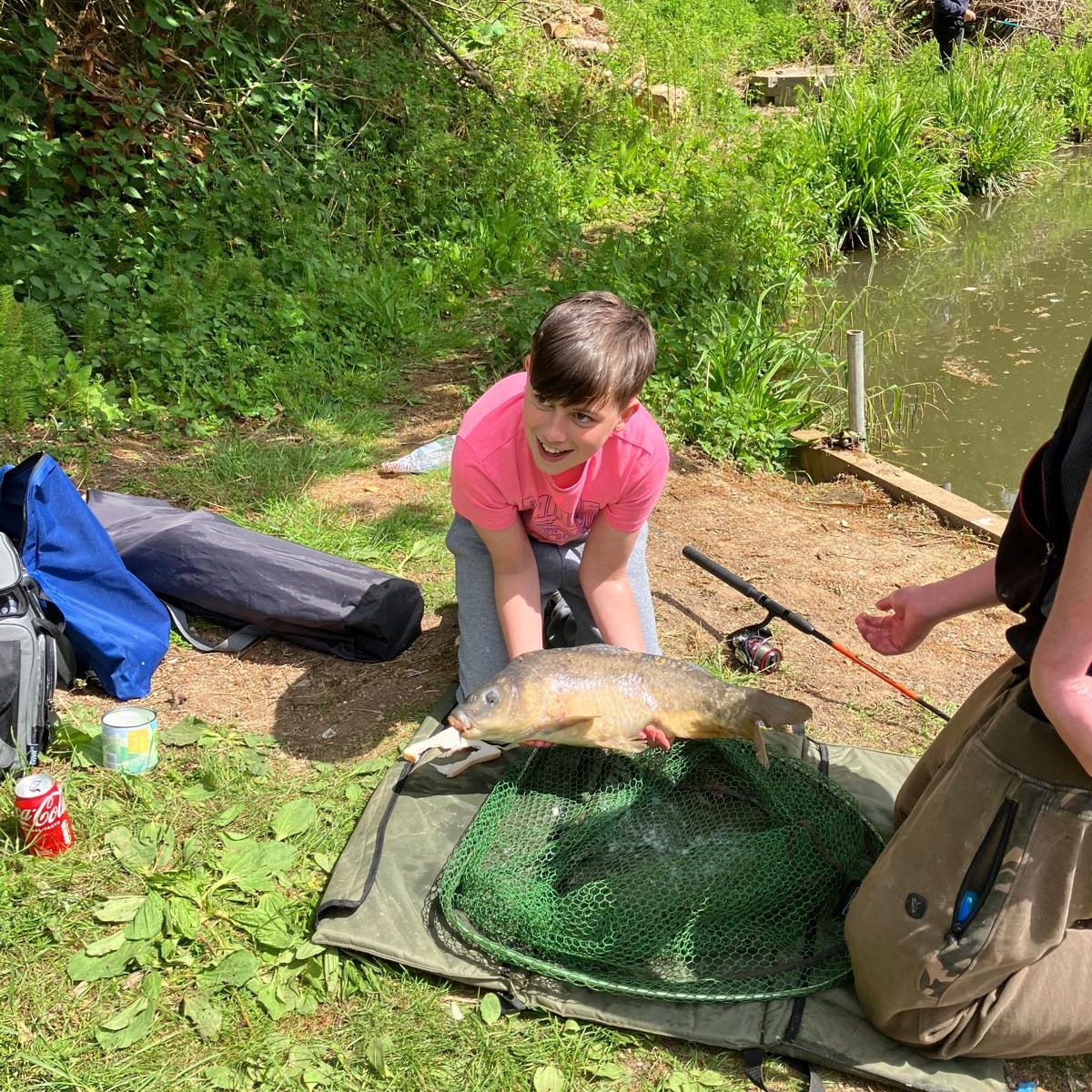
Want to learn how to fish? Get Fishing Awards…
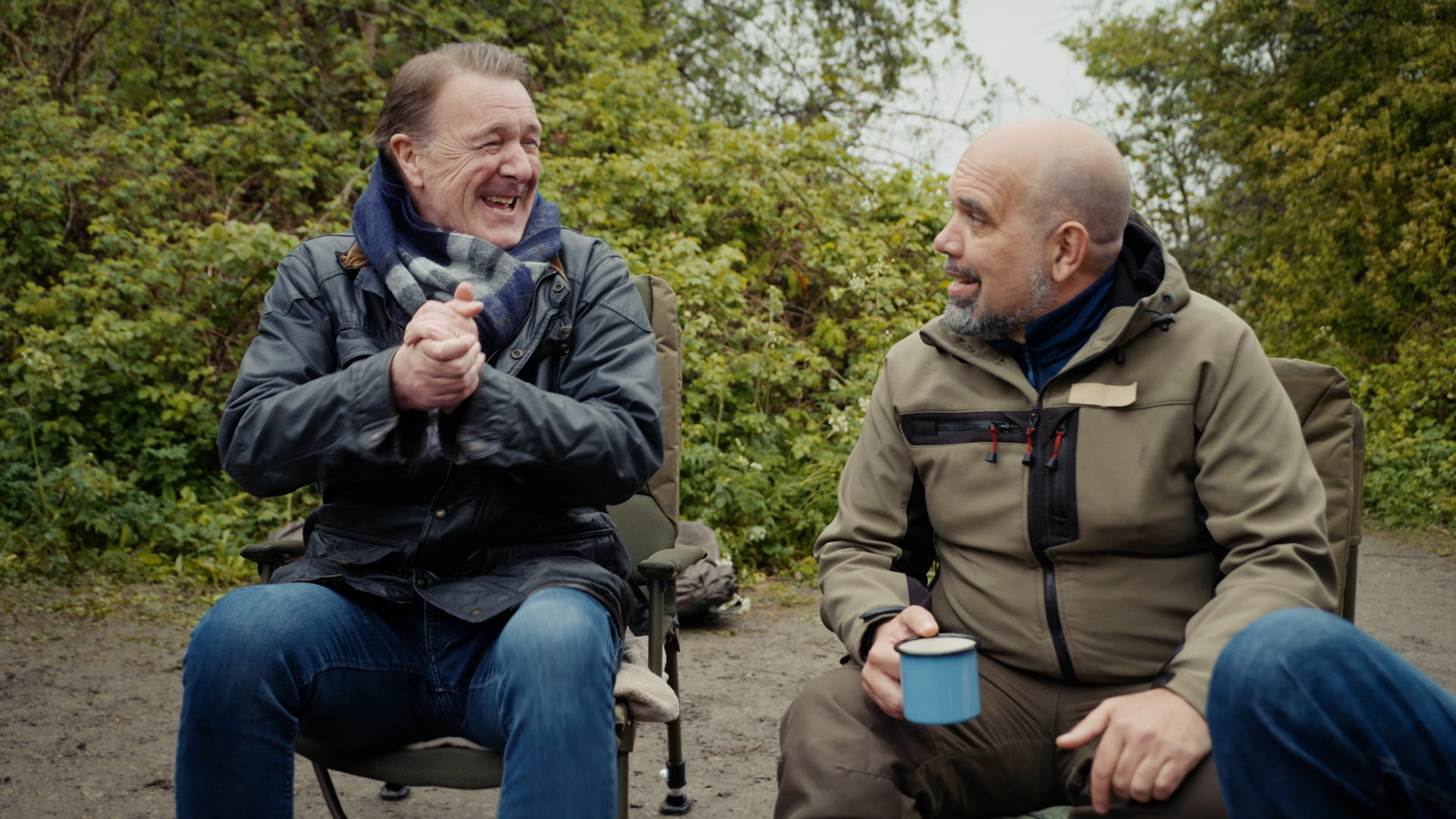
Tuffers bowled over by the benefits of angling and…
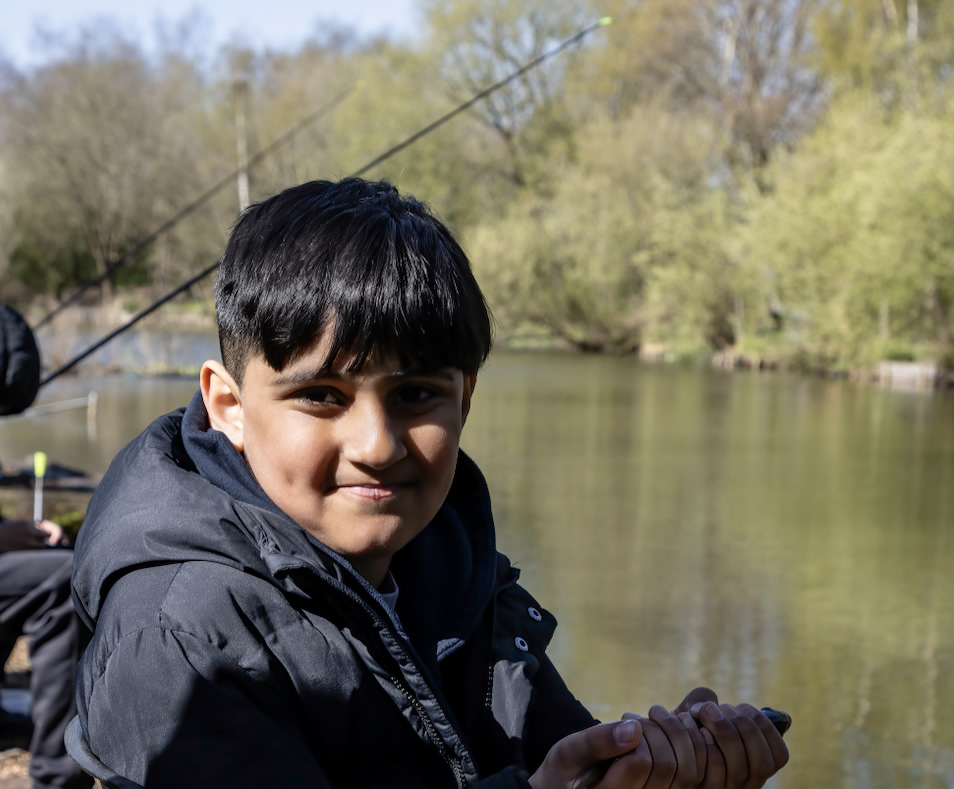
Young nature warriors reel in success with Get Fishing…
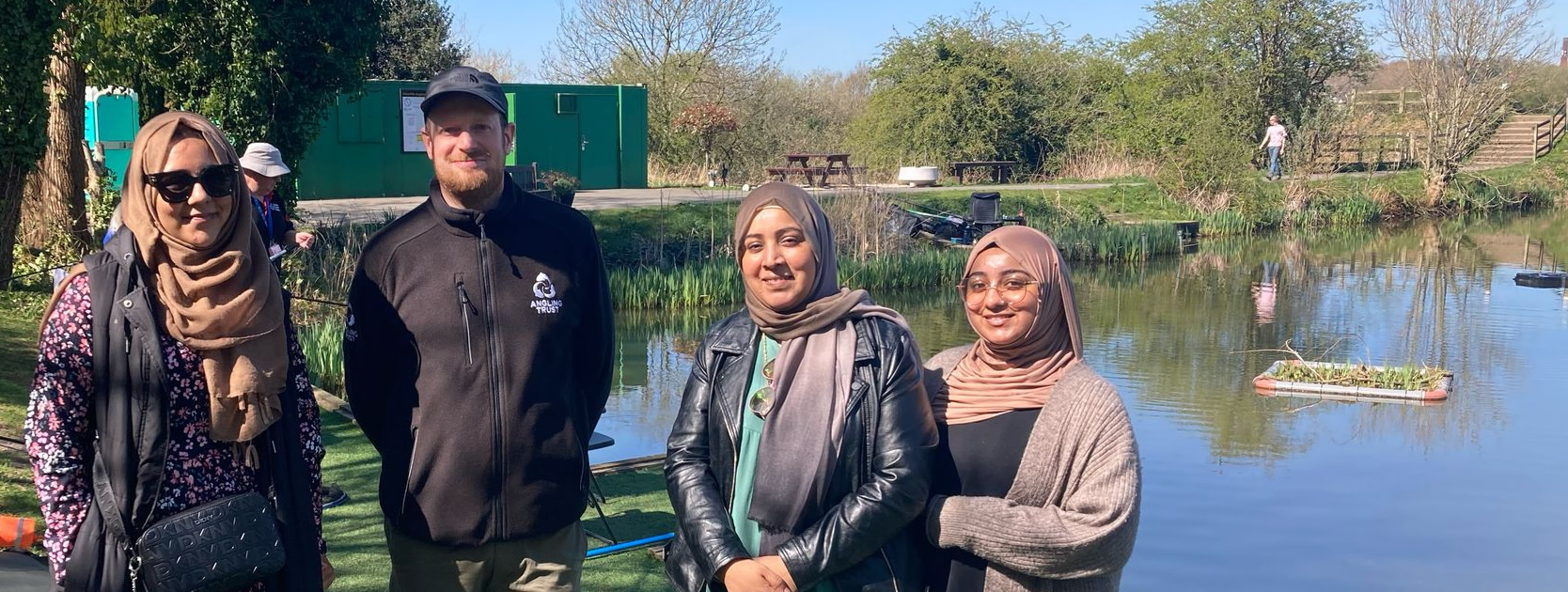
Bury women’s community group gives fishing a go
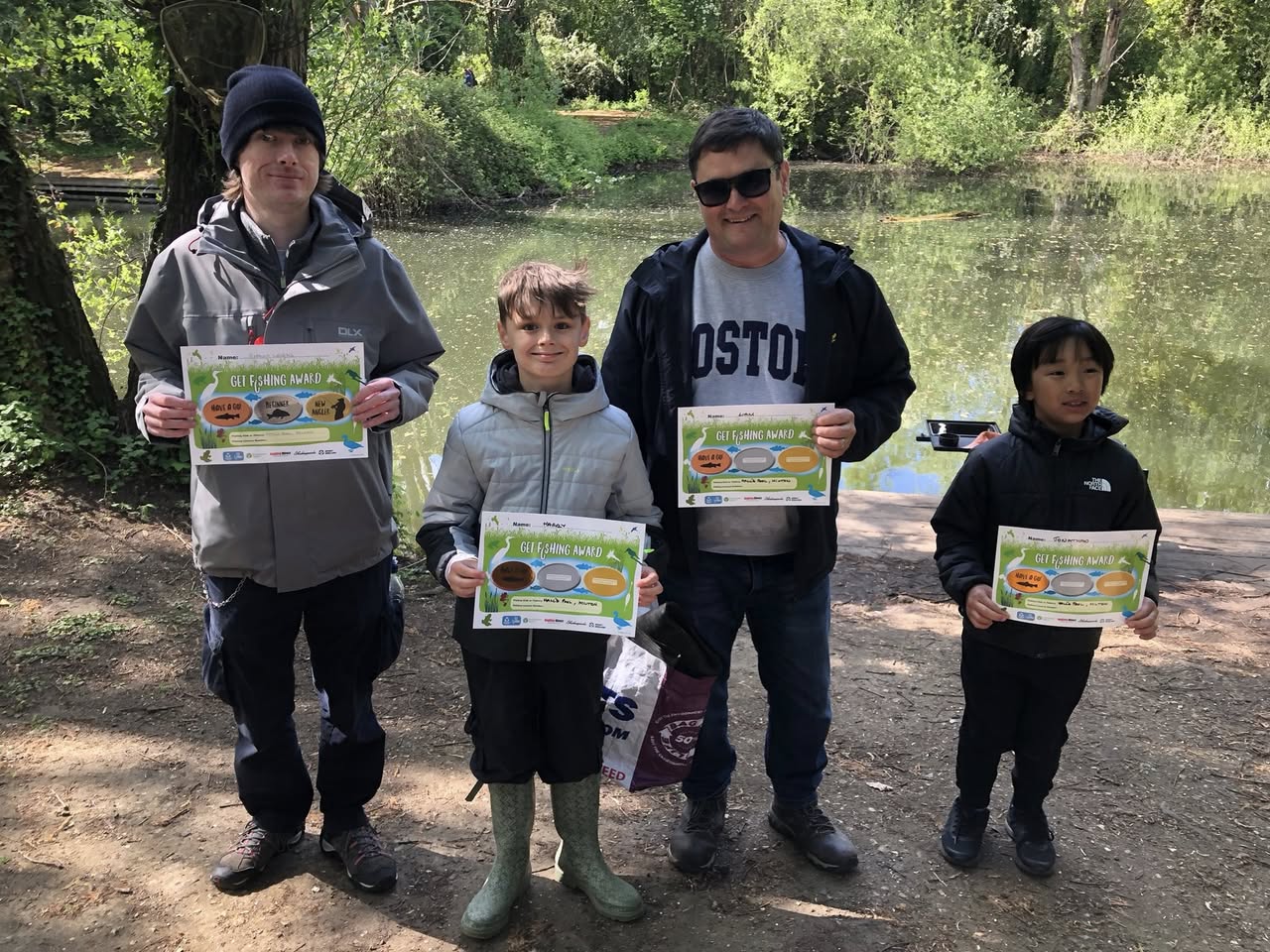
NEW BLOG: Get Fishing Awards get people into fishing…
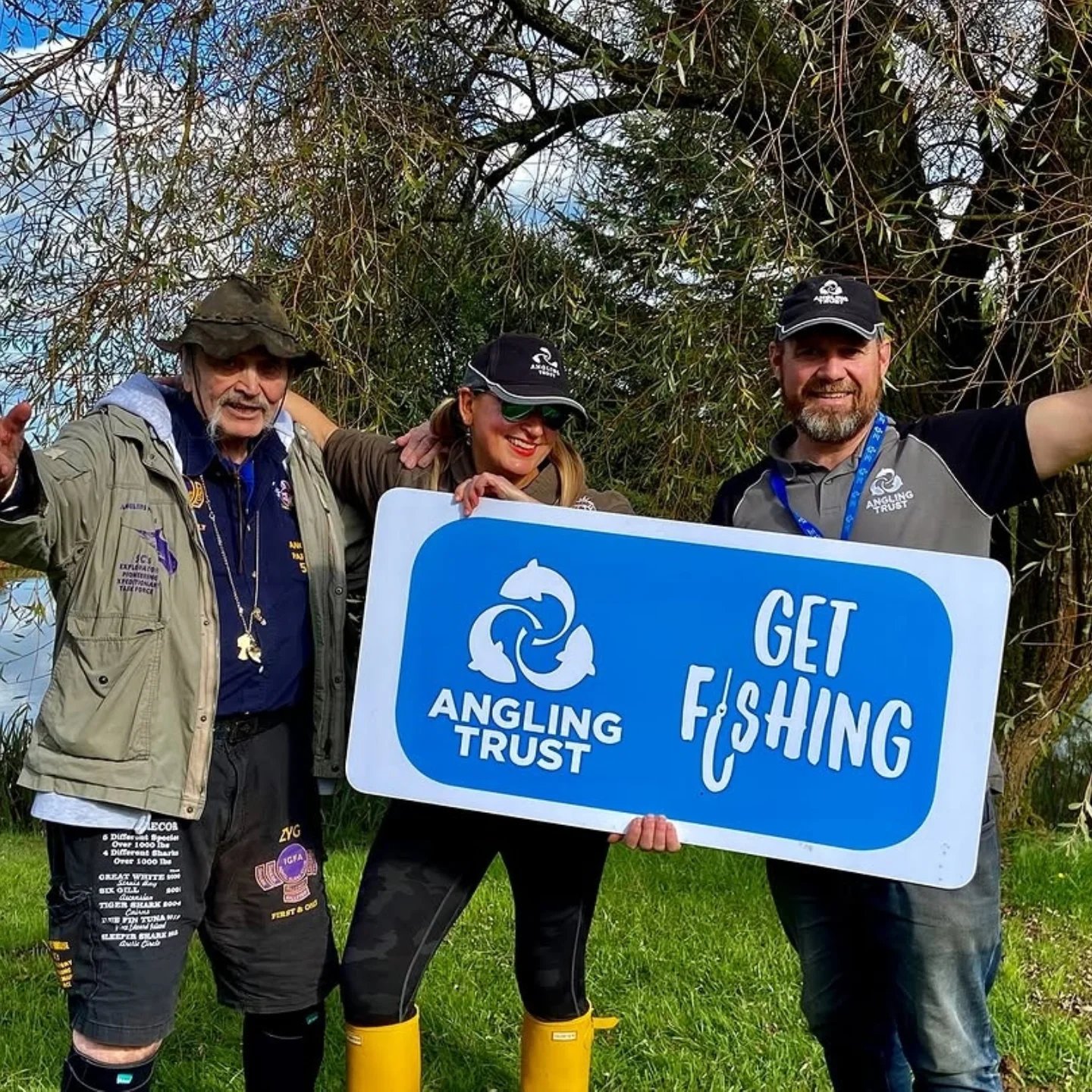
A brilliant Angling Trust Get Fishing Gathering event at…

Minister’s Visit Highlights Collaborative Action on Pollack Conservation

Angling Trust calls for radical reforms to end sewage…

Have Your Say: Shape the Future of Black Bream…

NEW BLOG: Get Fishing Award event for North Cambridge…

Angling Improvement Fund Opens for Nets, Mats & Slings

Mental Health Awareness Week is a time for angling…

Want to learn how to fish? Get Fishing Awards…

Tuffers bowled over by the benefits of angling and…

Young nature warriors reel in success with Get Fishing…

Bury women’s community group gives fishing a go

NEW BLOG: Get Fishing Awards get people into fishing…

A brilliant Angling Trust Get Fishing Gathering event at…

Minister’s Visit Highlights Collaborative Action on Pollack Conservation

Angling Trust calls for radical reforms to end sewage…

Have Your Say: Shape the Future of Black Bream…

NEW BLOG: Get Fishing Award event for North Cambridge…

Angling Improvement Fund Opens for Nets, Mats & Slings

Mental Health Awareness Week is a time for angling…

Want to learn how to fish? Get Fishing Awards…

Tuffers bowled over by the benefits of angling and…

Young nature warriors reel in success with Get Fishing…

Bury women’s community group gives fishing a go

NEW BLOG: Get Fishing Awards get people into fishing…










